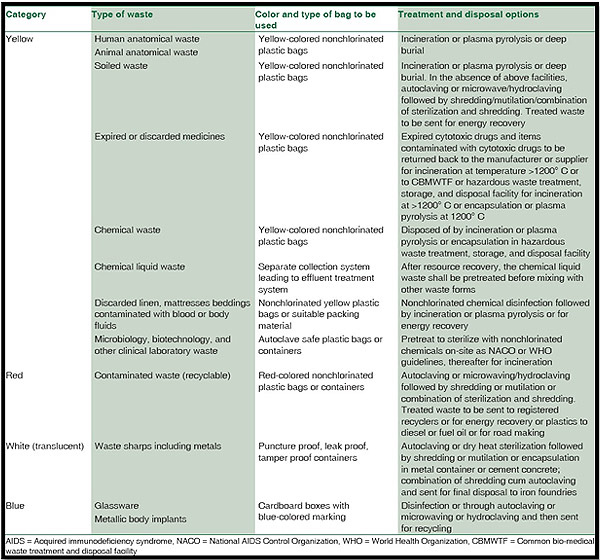Reclaim Waste - An Overview
Reclaim Waste - An Overview
Blog Article
The Buzz on Reclaim Waste
Table of ContentsSome Known Details About Reclaim Waste Reclaim Waste Things To Know Before You BuyReclaim Waste Can Be Fun For AnyoneOur Reclaim Waste DiariesEverything about Reclaim Waste
Domestic sewer waste refers to the waste and products from a property septic tank. The appropriate management and disposal of domestic sewer waste need fluid waste to be transferred to a sewer treatment plant where the appropriate approaches and devices are applied to cleanse and dispose of waste.
Business waste frequently includes potential hazards, such as flammable products or a mix of fluid and strong waste products, and requires a much more innovative and in-depth disposal procedure. The disposal of commercial waste normally involves the filtration of waste before transport to guarantee risk-free and proper disposal. Hazardous waste is created from by-products and runoff of industrial procedures and production.
This kind of waste can not make use of the very same sewage management transport or procedures as septic or commercial liquids. The commercial waste monitoring procedure calls for the evaluation and testing of fluid waste prior to it undertakes the disposal procedure (liquid waste removal). Drainage waste is the fluid waste that originates from drainage and excess stormwater in highly populated areas or cities
Drainage waste can trigger contamination and flooding if not dealt with correctly. Guaranteeing appropriate waste management can prevent calamities and minimize environmental harm.
Reclaim Waste Can Be Fun For Everyone
Get in touch with PROS Providers today to learn more about our waste monitoring and disposal solutions and the appropriate means to take care of the fluid waste you produce.
(http://www.askmap.net/location/7161699/australia/reclaim-waste)Do you know what takes place to your water when you draw the plug, flush the commode or drain pipes the washing equipment? No? Well, it's worth knowing. This supposed 'wastewater' is not only an essential source but, after therapy, will be launched to our land, waterways or the sea. Used water from commodes, showers, baths, cooking area sinks, washings and industrial procedures is called wastewater.

water utilized to cool down machinery or tidy plant and equipment). Stormwater, a type of wastewater, is runoff that streams from farming and urban locations such as roofing systems, parks, yards, roads, courses and gutters into stormwater drains, after rain. Stormwater streams neglected straight to neighborhood creeks or rivers, ultimately getting to the sea.
Some Known Facts About Reclaim Waste.
In Queensland, most wastewater is dealt with at sewer therapy plants. Wastewater is delivered from residential or industrial sites through a system of sewers and pump terminals, recognized as sewage reticulation, to a sewer discover here therapy plant.
The Division of Natural Resources suggests city governments concerning managing, operating and maintaining sewerage systems and therapy plants. In unsewered locations, city governments might call for owners to mount specific or family sewer treatment systems to treat residential wastewater from commodes, kitchen areas, washrooms and washings. The Division of Natural Resources authorizes the usage of family systems when they are proven to be effective.
Most stormwater obtains no therapy. In some new subdivisions, therapy of some stormwater to eliminate litter, sand and crushed rock has started utilizing gross pollutant catches. Wastewater treatment takes place in 4 stages: Gets rid of solid issue. Larger solids, such as plastics and various other items wrongly released to drains, are removed when wastewater is passed through displays.
Wastewater after that flows right into huge tanks where solids clear up and are removed as sludge. Grease and residue are skimmed from the surface. Utilizes little living organisms referred to as micro-organisms to break down and eliminate remaining liquified wastes and great particles. Micro-organisms and wastes are included in the sludge. Removes nitrogen and phosphorus nutrients that might create algal blooms in our waterways and intimidate aquatic life.
How Reclaim Waste can Save You Time, Stress, and Money.
Nutrient removal is not available at all sewer therapy plants since it needs expensive specialised tools. Clear fluid effluent created after treatment may still contain disease-causing micro-organisms - liquid waste disposal melbourne.

This usually means wastewater needs to be dealt with or contaminants gotten rid of prior to it can be discharged to rivers. A lot of wastewater flows right into the sewerage system. Under the Act, city governments provide approvals and permits for ecologically pertinent tasks (ERAs) entailing wastewater releases that might have a regional impact. The department administers authorizations and licences to ERAs entailing wastewater launches that may have a local or statewide effect.
Reclaim Waste Things To Know Before You Get This
Or else, samples are taken for research laboratory evaluation. Commonly several tests are needed to establish the levels of each of the different contaminants such as oils, hefty steels and pesticides in water. Monitoring offers accurate info concerning water quality and can verify that licence conditions are being satisfied. The info gotten via surveillance provides the basis for making water quality decisions.
Report this page